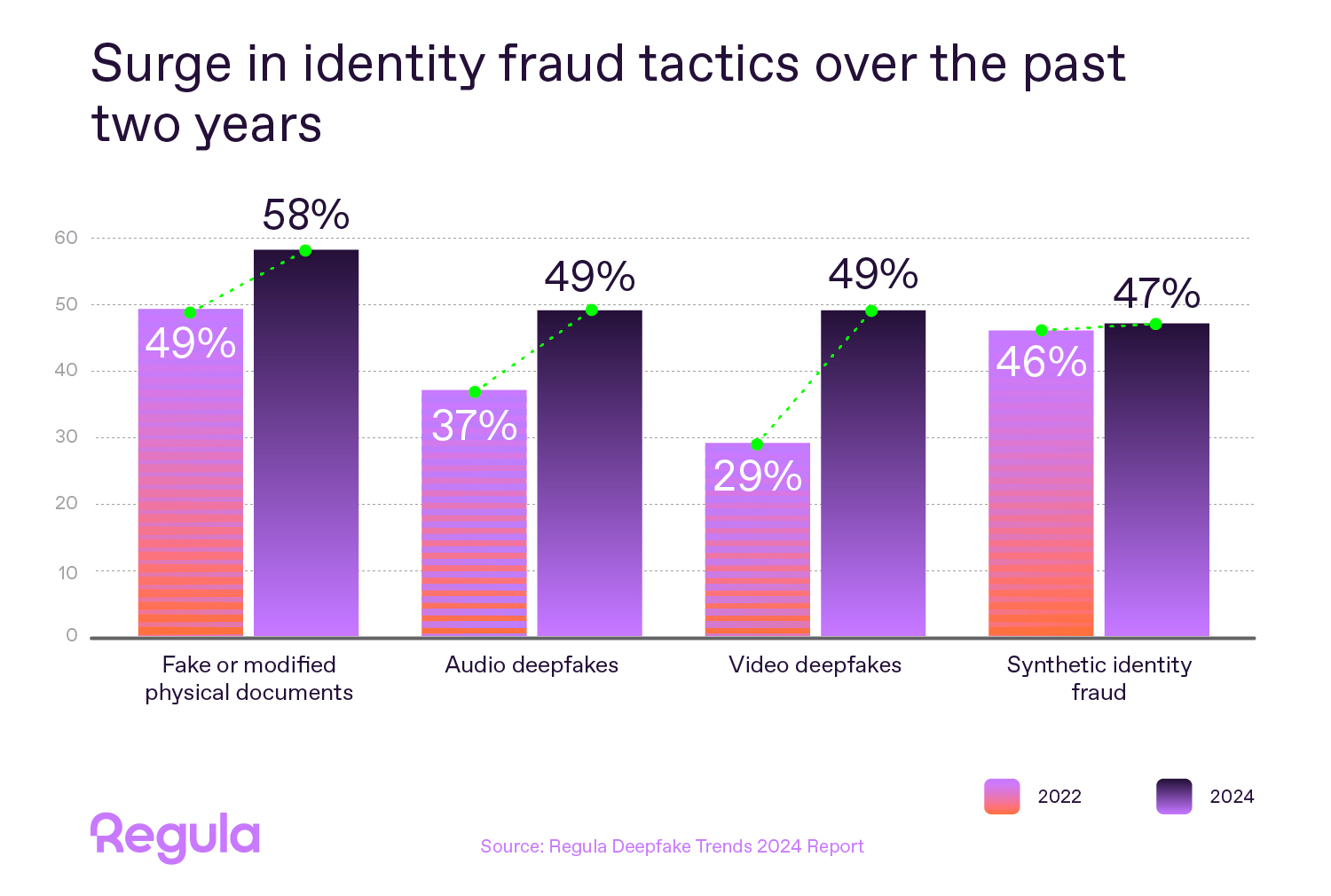![]()
Singapore, Singapore, June 5th, 2024, Chainwire
Ambitious 2024 Roadmap Includes 8x Improved Throughput, zkAuth for Web2 ID, Major Grants
Moonbeam Network, a smart contract platform for building cross-chain connected applications, announced the ‘Moonrise’ initiative anchored by a 2024 Product Roadmap that includes the introduction of parallel processing to improve throughput by 8 times, upgrading ecosystem integration, improving the developer and user experience, and more. Moonrise signals the next phase in evolution for Moonbeam and canary network Moonriver, which is incorporating Axelar bridging technology.
More than two years since its mainnet launch in January 2022, Moonbeam is well-established as the leading solution for integrating networks such as Polkadot, Ethereum and the broader EVM ecosystems. The 2024 Roadmap demonstrates Moonbeam’s dedication to continually improving its cutting-edge performance and experience for developers and users.
The Moonrise initiative is reflected in a comprehensive rebrand of Moonbeam’s look, underscoring how Moonbeam is more than a chain. It’s a hub for developers, Web3 enthusiasts, interoperability supporters and more.
“We’re beyond excited to reveal Moonbeam’s new look in conjunction with our ambitious plans for 2024. This year we are implementing improvements, upgrades and announcements to all facets of the Moonbeam and Moonriver networks,” said Aaron Evans, Head of Operations at Moonbeam Foundation. “As our passionate community of supporters knows, Moonbeam is a modern blockchain with features for developers and users that are still just a dream for other networks that remain in testnet phase.”
A lynchpin of the 2024 Roadmap is enhancing the core protocol with the introduction of asynchronous backing, a form of parallel processing that will quadruple block space and halve block times to 6 seconds, resulting in an 8x increase in overall throughput for Moonbeam.
More improvements include ensuring compatibility and seamless interoperability with Ethereum’s gas-saving Dencun upgrade, substantial upgrades to the UX for Moonbeam Routed Liquidity, and improvements to governance mechanisms.
Other highlights include:
- Ecosystem Integration: Glacis integration for reliable cross-chain transactions, Tanssi integration for appchain deployments, revitalized Moonriver with Axelar’s Amplifier program for bridging and a v3 AMM liquidity program.
- Developer Tools: Governance tracks for dApps, support for EIP-4337 Account Abstraction, expanded tooling integration for ease of development, deployment, and debugging/monitoring.
- User Experience: Zero Knowledge Initiative (zkAuth) for Web2 authentication, tokenomics incentive updates, and streamlined stablecoin flows.
The series of initiatives will begin rolling out immediately and will continue to be deployed through Q3 and Q4 of 2024, and into 2025.
To check out Moonbeam’s new website and follow the network’s upcoming developments, see: https://moonbeam.network.
About Moonbeam Network
Moonbeam is a smart contract platform for building cross-chain connected applications that can access users, assets, and services on any chain. By uniting functionality from Ethereum, Cosmos, Polkadot and more into a single platform, Moonbeam solves today’s fragmented user experience — unlocking true interoperability and paving the way for the next generation of applications. The Moonbeam platform uses integrated cross-chain messaging to allow developers to create smart contracts that access services across many remote blockchains. This approach, plus Moonbeam’s developer-friendly EVM platform, vast tool support, and modern Substrate architecture, creates the ideal development environment for building connected applications.
Social media links:
Website | YouTube | GitHub | Telegram | Medium | X | Discord
Contact
Patrick Brendel
SCRIB3
[email protected]


Recent Comments